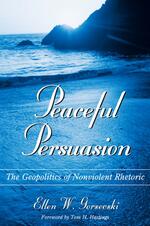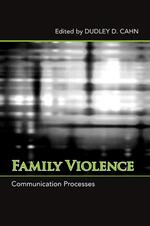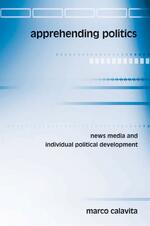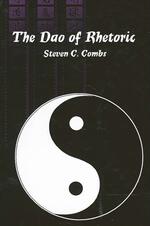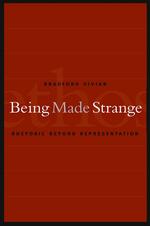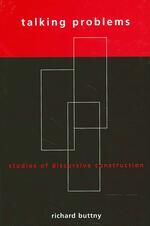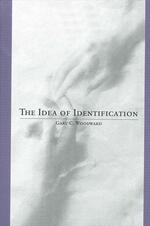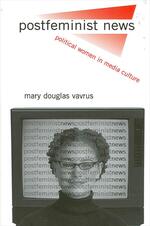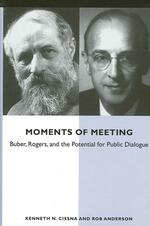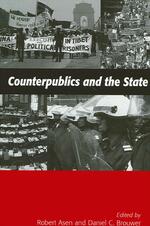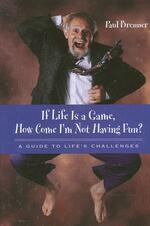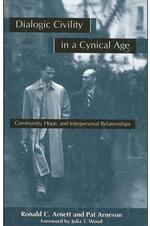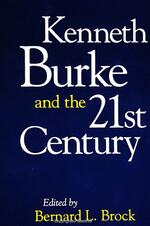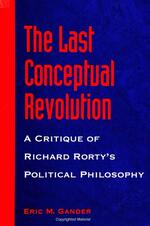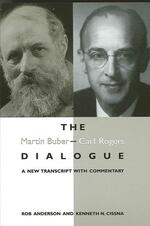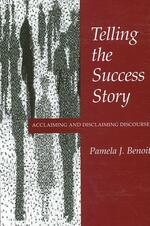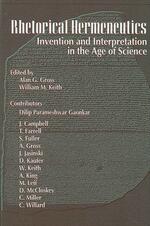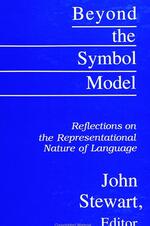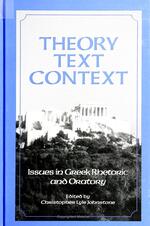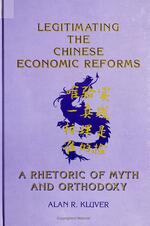SUNY series in Communication Studies
Peaceful Persuasion
Offers a conceptual foundation for nonviolent rhetoric.
Communication and Public Participation in Environmental Decision Making
Looks at the critical role of community members and other interested parties in environmental policy decision making.
Family Violence
Contributors engage the communication issues associated with violence in families, including interspousal violence and violent parents and children.
Apprehending Politics
Using penetrating, in-depth interviews, examines the individual political development of young adults in post-1960s America, and the roles that news media play in that development.
From Ballroom to DanceSport
An insider explores the transformation of ballroom dance into an Olympic sport.
The Dao of Rhetoric
Examines the ways Daoist (Taoist) thought may contribute to an understanding of human communication.
Being Made Strange
Offers a revised understanding of human subjectivity that avoids the extremes of both traditional humanism and cultural relativism.
Talking Problems
Presents a theory of discursive co-construction of problems, or how characters are portrayed in the telling of events.
The Idea of Identification
Drawing on examples from contemporary life, Woodward explores rhetorical conditions that create powerful moments of identification.
Boundaries of Privacy
Explores new ways to think about privacy and disclosure.
Postfeminist News
Examines the representation of women in the media.
Moments of Meeting
Tells the story of the relationship between two of the last century's foremost scholars of dialogue, philosopher Martin Buber and psychotherapist Carl Rogers.
Counterpublics and the State
Explores antagonistic encounters between people, both individuals and groups, and governments.
If Life Is a Game, How Come I'm Not Having Fun?
Advocates applying a spirit of play to everyday life.
Dialogic Civility in a Cynical Age
Offers insight and practical guidance for people interested in improving their interpersonal relationships in an age of rampant cynicism.
Che Bella Figura!
A colorful ethnography of an Italian ladies' club, this book explores the historical and linguistic importance of the women's language and behavior.
Kenneth Burke and the 21st Century
Kenneth Burke was an influential thinker, literary critic, and rhetorician in the transition between the 20th and 21st centuries. This volume, edited by an influential Burkean scholar, addresses the question: Who was Burke and how can his work be helpful to those who must face new problems and challenges?
The Last Conceptual Revolution
A critique of Rorty's own provocative political philosophy, as well as an in-depth look at both the issues concerning the relationship between the public and the private, and arguments on the role of reason in liberal political discourse generally.
Organizing Silence
A thought-provoking look at how silence is embedded in our language, society, and institutions. Sexual harassment is explored as an example.
The Martin Buber - Carl Rogers Dialogue
A corrected and extensively annotated version of the sole meeting between two of the most important figures in twentieth-century intellectual life.
Telling the Success Story
How do individuals tell their success stories when they want to secure recognition, but avoid appearing arrogant? By examining success stories of Nobel Prize winners, athletes, and Mary Kay Cosmetics consultants, this work analyzes this fundamental type of interpersonal communication.
Rhetorical Hermeneutics
Examines the nature of rhetorical theory and criticism, the rhetoric of science, and the impact of poststructuralism and postmodernism on contemporary accounts of rhetoric.
Beyond the Symbol Model
This interdisciplinary conversation discusses the nature of language.
Theory, Text, Context
Leading scholars of classical rhetoric address contemporary topics in Greek rhetoric and oratory.
Legitimating the Chinese Economic Reforms
Argues that the legitimacy of the Chinese government relies on two factors: the national myth of revolution and ideological orthodoxy.
